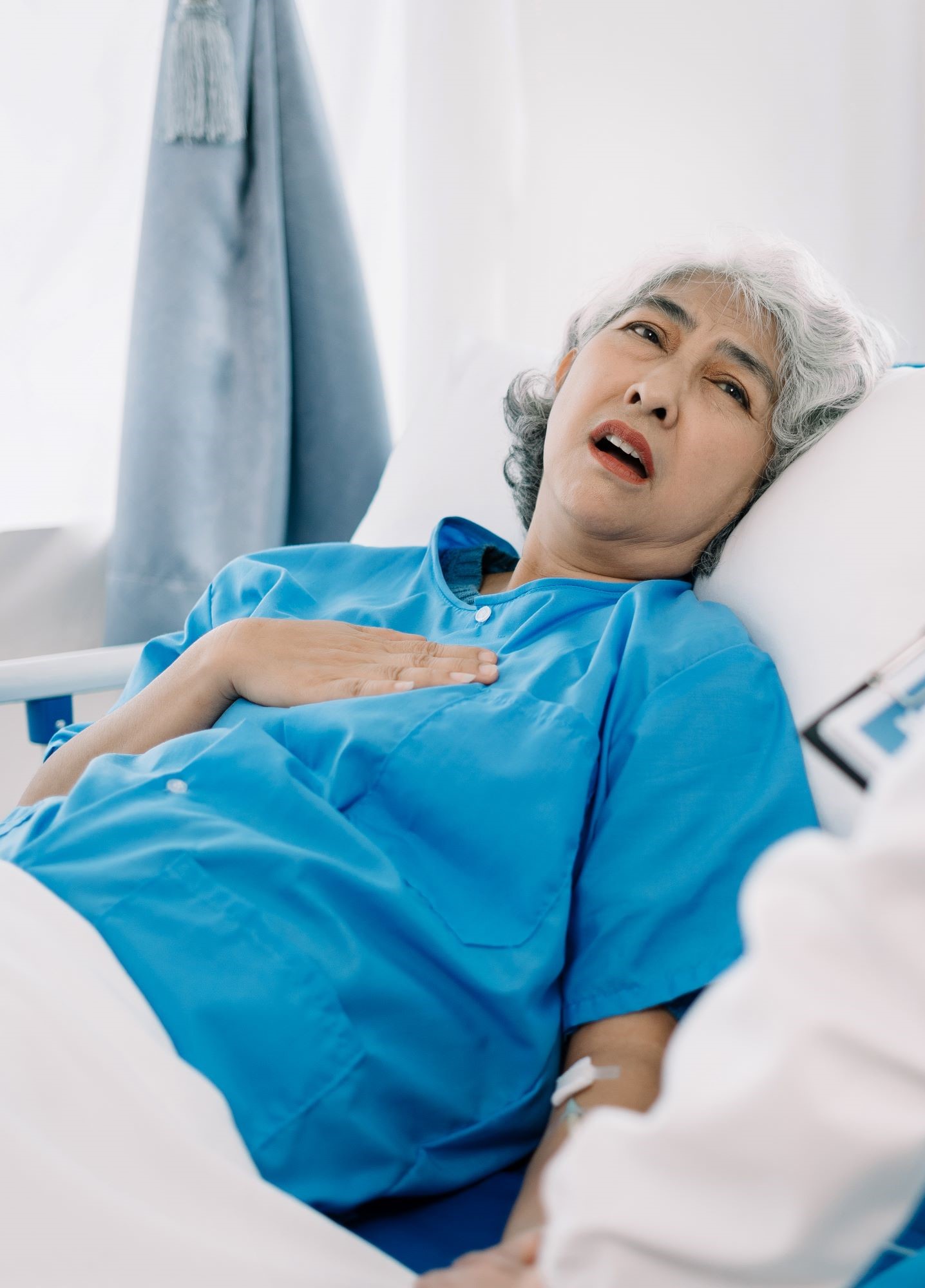Pharmacogenomics: Learning exercise 3
This is Apichaya. She is a 59-year-old female patient originally from Thailand but now living in England.She has presented at the emergency department of her local hospital with a maculopaular rash, sore eyes and a raised temperaure.
She was newly diagnosed with gout 2 weeks ago and was started on allopurinol as prophylactic therapy.
She is otherwise usually well, takes no other regular medicines and has no signficant medical history. She has no known allergies.
If a patient develops a rash whilst taking allopurinol, the drug should be stopped and the patient seek prompt medical advice. In this instance the patient has some signs and symptoms of a serious hypersensitivity reaction such as Stevens-Johnson Syndrome (SJS).
From the SmPC, the HLA-B*58:01 allele has been shown to be associated with the risk of developing allopurinol-related hypersensitivity syndrome and SJS/toxic epidemal necrolysis (TEN).
The frequency of the HLA-B*58:01 allele varies widely between the ethnic populations: up to 20% in Han Chinese population, 8-15% in the Thai population, about 12% in the Korean population and 1-2% in individuals of Japanese or European origin.
From the SmPC, the HLA-B*58:01 allele has been shown to be associated with the risk of developing allopurinol-related hypersensitivity syndrome and SJS/toxic epidemal necrolysis (TEN).
The frequency of the HLA-B*58:01 allele varies widely between the ethnic populations: up to 20% in Han Chinese population, 8-15% in the Thai population, about 12% in the Korean population and 1-2% in individuals of Japanese or European origin.
Apichaya was diagnosed with Stevens-Johnson Syndrome secondary to allopurinol. She consents to genomic testing and is found to be positive for the HLA-B*58:01 allele. A yellow card was completed by her GP and they were subsequently contacted by the MHRA asking them to contact the patient on their behalf about participating in the Yellow Card Biobank project which at the time was collecting data about allopurinol ADRs.
A year later Apichaya presents with symptoms of trigeminal neuralgia.
Her GP would like to start carbamazepine, which she has never taken before.
The GP sees that she has a previous HLA-mediated skin reaction on record, and are aware that carbamazepine is associated with similar skin reactions.
There is an increased risk of skin reactions such as SJS to carbamazepine associated with the HLA-B*15:02 allele (in Han Chinese, Thai and other Asian populations) and the HLA-A*31:01 allele (European descent and Japanese populations). This reaction is mediated by a different HLA allele to the patient’s previous adverse response to allopurinol. Being positive for HLA-B*58:01 does not mean that an individual will also be positive for HLA-B*15:02.
The SmPC recommend testing for HLA-B*15:02 in people of Han Chinese or Thai origin and consider testing in other at-risk Asian populations before starting carbamazepine. This pre-treatment advice is included in the BNF. If genetic testing is available, then this can be offered. A negative result for HLA-B*15:02 does not rule out a risk of hypersensitivity reactions.
The SmPC recommend testing for HLA-B*15:02 in people of Han Chinese or Thai origin and consider testing in other at-risk Asian populations before starting carbamazepine. This pre-treatment advice is included in the BNF. If genetic testing is available, then this can be offered. A negative result for HLA-B*15:02 does not rule out a risk of hypersensitivity reactions.








